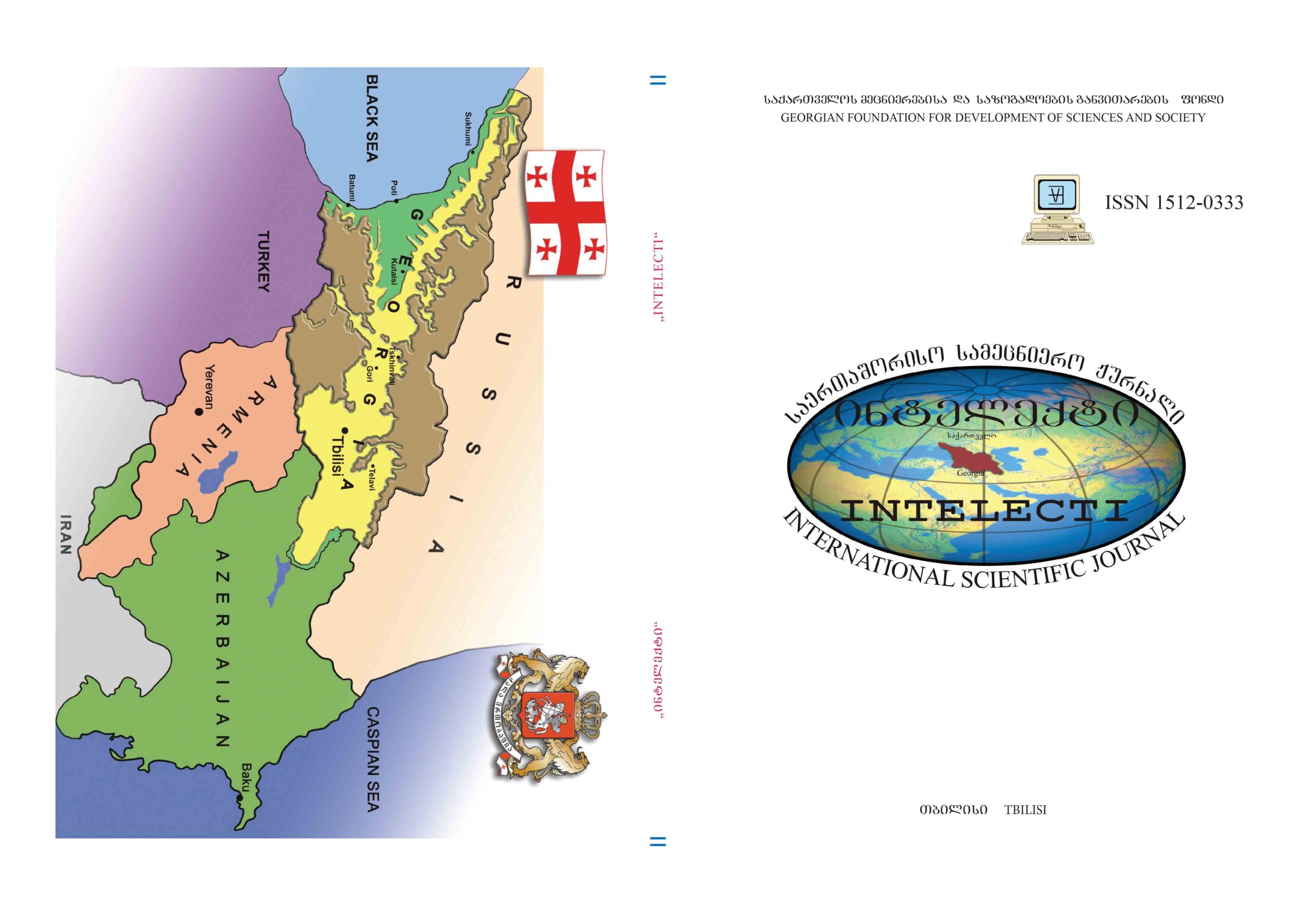Economic Strategy for Logistics Development in Georgia
Main Article Content
Abstract
For Georgia, as a country connecting Europe and Asia, the development of logistics represents a strategically important
direction that determines economic growth rates, investment attractiveness, and competitiveness in global markets. The
processes of globalization and the dynamic growth of international trade have significantly increased the role of efficient logistics
systems, creating both opportunities and challenges for Georgia. Over the past decade, Georgia has made significant progress in
developing transport and logistics infrastructure: new roads and railway lines have been constructed, and ports and air
connections have been modernized. Nevertheless, challenges remain, including insufficient integration of transport corridors,
lengthy customs and border procedures, low levels of technological adoption, and lagging in green logistics initiatives. This
article analyzes the main directions of logistics system development and their impact on Georgia’s economy. First, special
attention is paid to the modernization of transport corridors and their alignment with international standards. In the context of
“Black Sea Ports – Middle Corridor,” Georgia has the potential to become a major hub, providing fast and efficient connectivity
with Europe, the Caspian region, and Asian countries. Second, technological integration is a critical component. The adoption
of digital platforms, blockchain technologies, smart logistics, and big data analytics significantly reduces operational costs and
improves accuracy. These innovations can position Georgia as a regional leader in logistics services. Third, green logistics and
adherence to environmental standards are gradually becoming an international requirement. For Georgia, promoting energy
efficient transport, utilizing alternative energy sources, and reducing carbon emissions are essential. These measures not only
enhance the country’s international image but also increase the competitiveness of its products in environmentally sensitive
markets. Fourth, partnerships between the private and public sectors constitute a key strategic instrument. The state’s role is to
ensure a liberal and stable policy environment, while private sector involvement is necessary for infrastructure investments,
innovative technologies, and service quality improvement. The study results indicate that the systematic development of logistics
will not only improve external trade dynamics but also create new opportunities for the efficiency of the domestic market.
Georgia has the potential to become a regional economic and logistics hub, significantly enhancing its geopolitical and economic
role.
